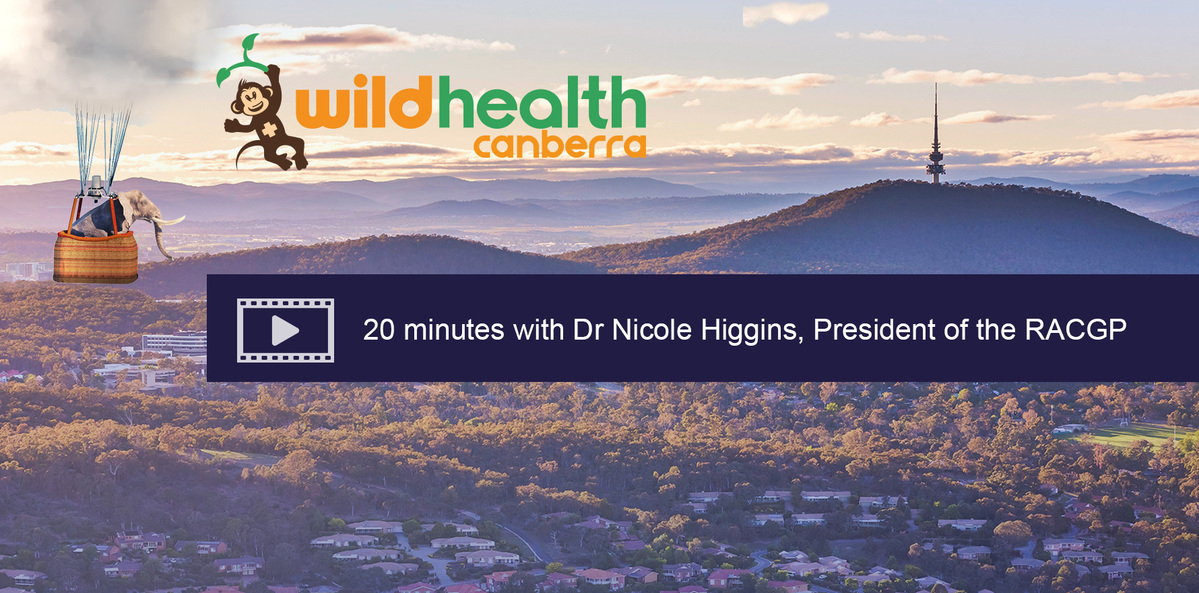Dr Nicole Higgins describes what needs to change in Australia’s healthcare model. Watch the video.
An intense snapshot of general practice was shared at the Wild Health Summit last month by RACGP president Dr Nicole Higgins.
In 20 minutes, Dr Higgins covered a raft of topics ranging from the important nuances in MyMedicare, big hospital budgets and interoperability.
Dr Higgins said she’d seen some change in the government’s approach to general practice, including dialogue around the need for multidisciplinary team-based care.
“I’m going to use some C-words: conversations, collaboration, co-design. GPs haven’t [previously] been in the room for a lot of the discussions that happen around primary care,” she said.
“Decisions have been made around us. I think that this budget is now starting to say ‘we actually value you what you do’.”
However, the emerging change has been hard won, Dr Higgins said.
“We have empowered GPs to actually say ‘I can’t subsidise Medicare any more I can’t subsidise patient care any more, because if I keep doing it I will have to shut our door’,” she said.
“Once that started to happen the bulk billing rate start to drop. That triggered a lever.”
Dr Higgins said the budget offering of $2.2 billion to strengthen Medicare was a welcome boost but a comparison to hospital spend puts it in perspective.
“$2.2 billion sounds like a lot of money but, for example, Gold Coast Hospital budget is $2 billion a year. Strengthening Medicare budget is $2.2 billion over four years. That’s [to cover] every Australian,” she said.
On MyMedicare, Dr Higgins said “the devil is going to be in the detail” and that the model needed to be something that worked for both consumers and GPs.
Without accountability, MyMedicare could end up reflecting either the worst parts of the UK healthcare model, or that of the US, she warned.
“We’ve got the UK system where GPs are leaving in droves to come to Australia because their [voluntary patient enrolment] system traded continuity of care and quality for access,” Dr Higgins said.
“Or you end up with a two-tier system, such as the United States, which is incredibly expensive, and doesn’t care for the vulnerable. Finding that that middle sweet spot is going to be the important part.”
Data and interoperability were vital for new models of care, she said.
She is such a big fan of digital enablement, that she confessed to breaking into The Viewer in Queensland before it became legislated.
“Just to try and see how we can actually use systems and get them to work with general practice,” Dr Higgins said, adding that without data sharing “we’re all flying blind”.
“I’m in North Queensland. We were ‘opt out’ for My Health Record. So, we actually have been using it. The problem is, nobody else does,” she said.


